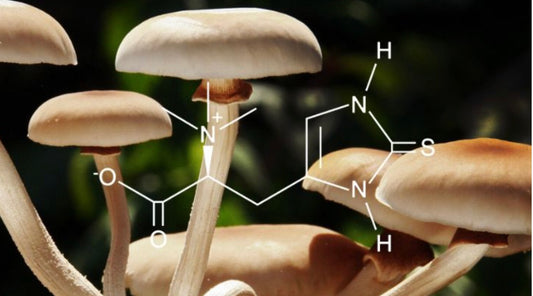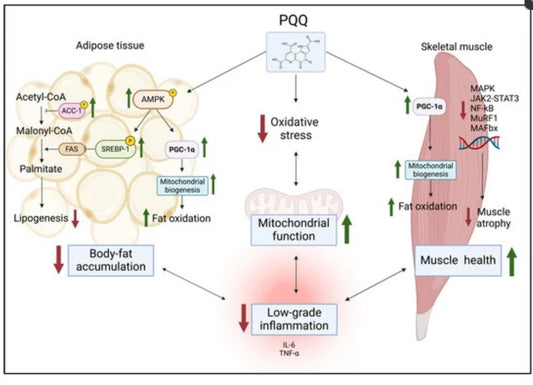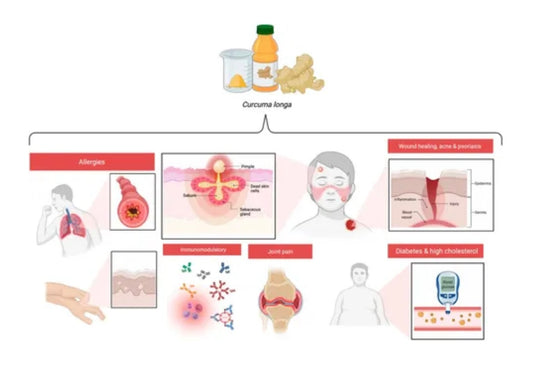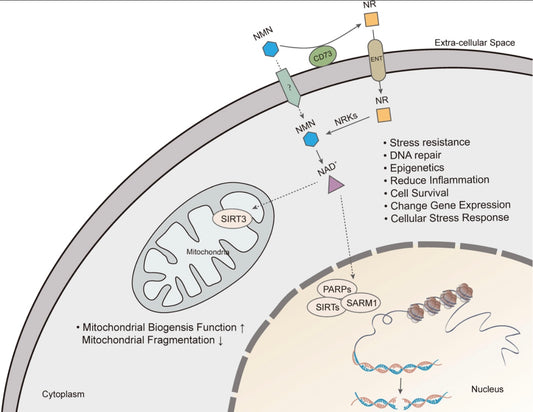
Ergothioneine

Ergothioneine is a naturally occurring antioxidant amino acid primarily synthesized by fungi, certain bacteria, and blue-green algae. It was first discovered in 1909 by French scientist Charles Tanret in ergot. Due to its potent antioxidant and cell-protective properties, ergothioneine has garnered widespread attention in both scientific research and the wellness industry in recent years.
### Mechanism of Action:
Ergothioneine reduces oxidative stress by inhibiting the production of free radicals and reactive oxygen species, thereby protecting cells from oxidative damage. It also regulates mitochondrial function, preventing damage to cell membranes and DNA. Additionally, ergothioneine exhibits anti-inflammatory, anti-aging, and neuroprotective properties, making it particularly effective in combating chronic diseases and age-related health issues.
### Comprehensive Health Benefits:
1. **Antioxidant**: Ergothioneine effectively neutralizes free radicals, slowing down cellular aging and degeneration.
2. **Anti-inflammatory**: It inhibits inflammatory responses, reducing the occurrence of chronic inflammatory diseases.
3. **Neuroprotection**: Research has shown that ergothioneine protects nerve cells and may help prevent neurodegenerative diseases such as Alzheimer's and Parkinson's.
4. **Cardiovascular Health**: Ergothioneine helps reduce the risk of cardiovascular diseases by protecting the vascular endothelium through its antioxidant and anti-inflammatory mechanisms.
5. **Immune System Support**: It enhances immune system function, helping the body respond more effectively to external threats.
6. **Liver Protection**: Ergothioneine protects the liver by reducing fat accumulation and preventing liver cell damage.
### Side Effects:
Currently, ergothioneine is considered safe, with no significant reported side effects. Most studies suggest that moderate intake of ergothioneine does not cause adverse reactions, though further research is needed on the long-term use of high doses.
### Food Sources:
The main natural sources of ergothioneine include:
- **Mushrooms** (especially shiitake and oyster mushrooms)
- **Beans**, such as red and black beans
- Animal organs like liver
### Recent Discoveries:
Recent research shows that ergothioneine is not only an antioxidant but can also cross the blood-brain barrier to directly protect brain cells. This highlights its potential application in preventing and treating neurodegenerative diseases. Additionally, ergothioneine has been linked to longevity, as it can extend the healthy lifespan of cells and reduce age-related damage.
### Synergistic Use with Other Supplements:
Ergothioneine can be combined with other antioxidants like **vitamin C**, **alpha-lipoic acid**, and **glutathione** to enhance overall antioxidant effects. It can also be paired with mitochondrial support agents such as **PQQ** and **Coenzyme Q10** to improve mitochondrial function and energy metabolism.
The medical potential of ergothioneine continues to be explored, especially for its anti-aging, neuroprotective, and cell repair properties. It is expected to become an important component in the fields of anti-aging and disease prevention in the future.
Key references
Ergothioneine and central nervous system diseases
https://link.springer.com/article/10.1007/s11064-022-03665-2
Ergothioneine Prevents Neuronal Cell Death Caused by the Neurotoxin 6-Hydroxydopamine
https://www.mdpi.com/2073-4409/13/3/230
Protective Effect of Ergothioneine against Oxidative Stress-Induced Chondrocyte Death
https://www.mdpi.com/2076-3921/13/7/800





